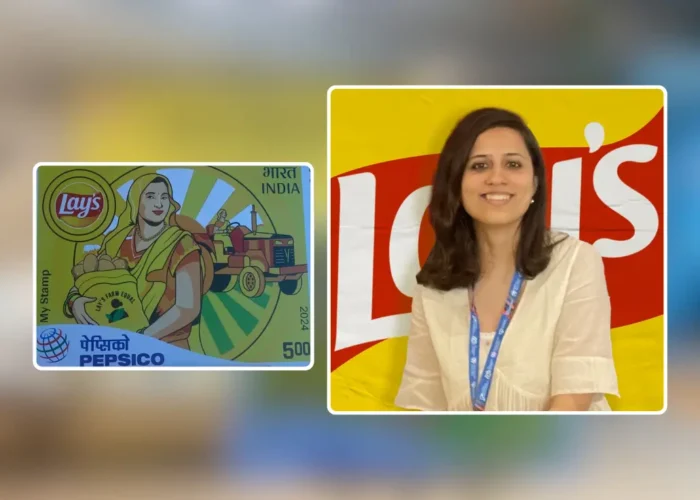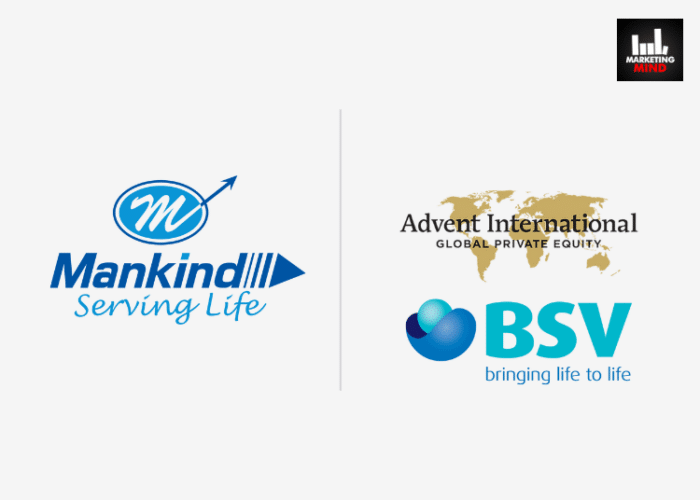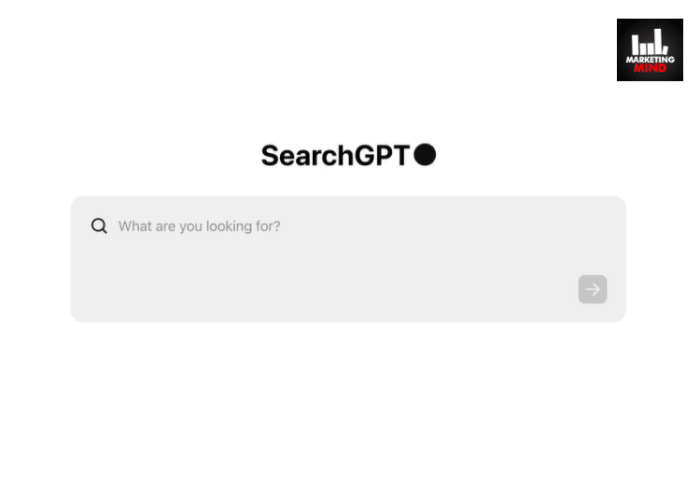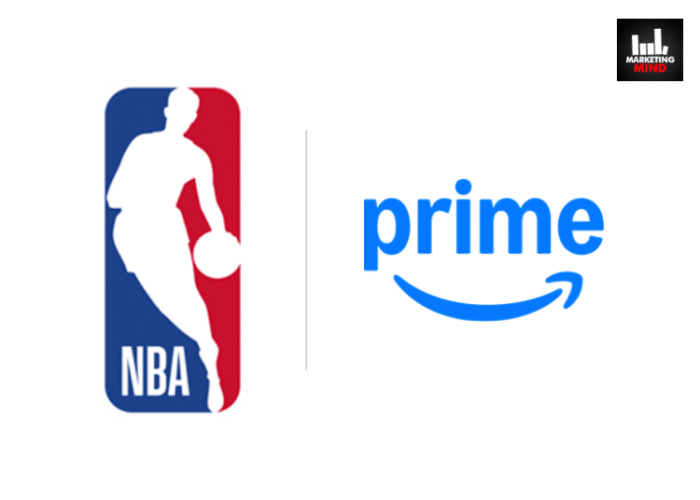Digital marketing is growing like never before. Brands pay millions of rupees to attract the audience with the help of influencer marketing on social media and Unilever, the world’s 2nd-biggest advertiser is trying to make online marketing more transparent to get better results.
Also Read: Celebs Will Face 3 Years Ban And A Huge Fine For ‘Misleading Ads’
With the transformation of internet platforms such as Facebook and Instagram, people have discovered new professions in which influencers and agencies are earning big by posting about products and services brands provide. But, researches have revealed that the audience numbers are being achieved by purchasing followers. This is a big concern for brands because they cant achieve their goals with a fake audience.
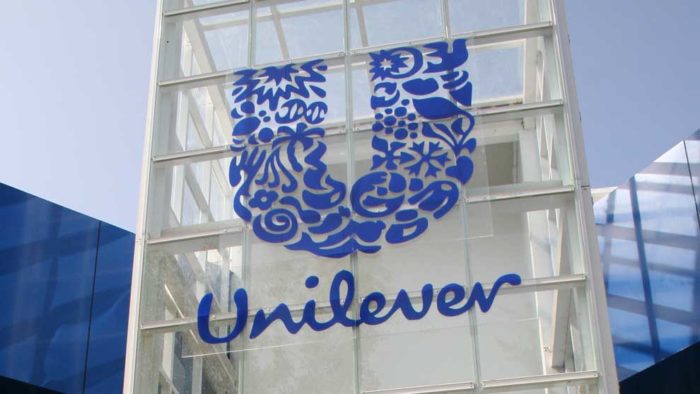
Chief marketing officer (CMO) of Unilever, Keith Weed has decided to pledge that the company will never appoint someone who encourages buying followers. Marketing experts will also It will also contact social media platforms to take required actions against such activities.
“Trust comes on foot and leaves on horseback, and we could very quickly see the whole influencer space be undermined. There are lots of great influencers out there, but there are a few bad apples spoiling the barrel and the trouble is, everyone goes down once the trust is undermined.”
Weed said in an interview.

This announcement can be a result of Weed’s past experience after which he decided to pull investment from digital platforms such as Facebook and Google because he thinks that their data is not correct. Unilever is creating fewer ads as it used to do and is looking to tie up only with trusted names.
How fake results are generated?
This can be done by multiple ways and companies mostly use bots and softwares that like or comment on posts giving the impression of popularity or engagement. According to Weed, as many as 40 percent of influencers have been involved in such cases, sometimes even celebs didn’t know this.
Cons of fake audience
This not only misleads the online users to buy wrong products but also creates a bad image of the brand. Brands are losing money and customers are not getting relevant products.
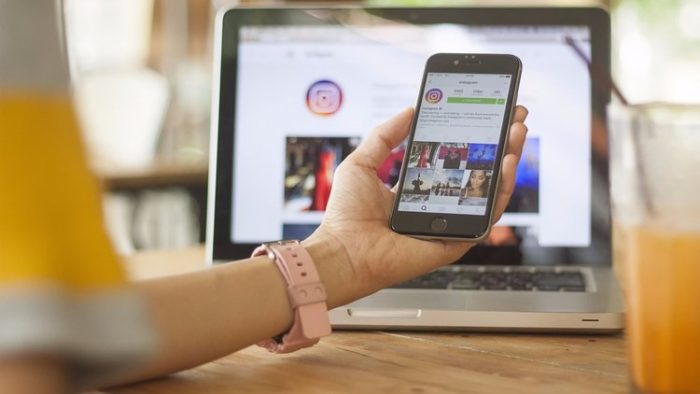
A research done by Rakuten Marketing reveals that some UK marketers were willing to pay influencers more than $100,000 for a single post and a micro-influencer with around 10,000 followers earns near to $2000 for advertising a brand.
Also Read: Here’s How Social Media Influencers Are Making Brands To Pay Their Wedding Bills
Interestingly, Unilever spent $8.9 billion on marketing last year out of which only a few millions were spent on influencer marketing. This number will increase if the company solves the issue of fake audience.



